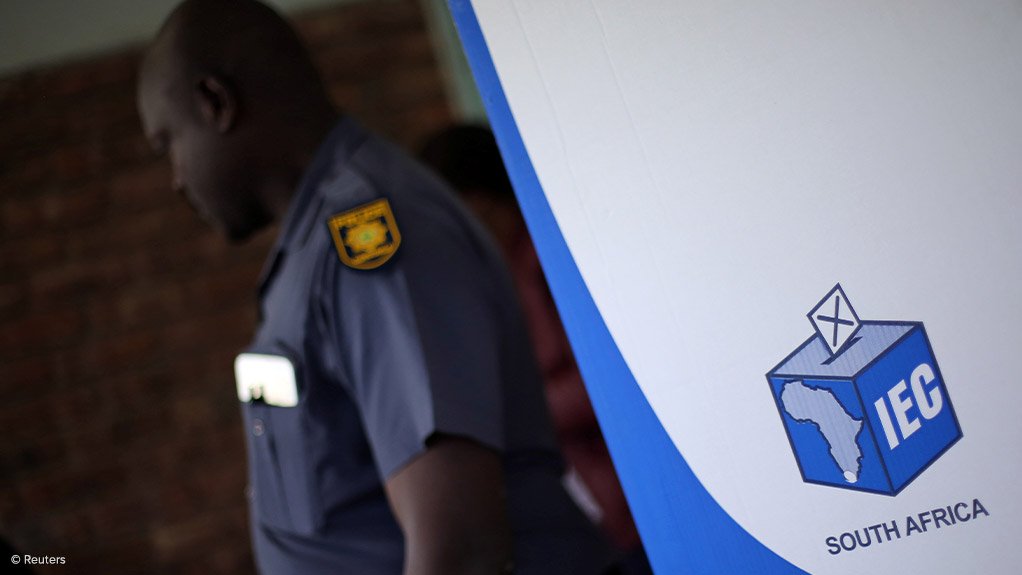KwaZulu-Natal, identified by police as a hotspot for the country’s general election on Wednesday, was relatively calm on Tuesday, despite protests to the north of Durban.
According to police spokesperson lieutenant-colonel Thulani Zwane, about 100 people started protesting along Varsity Drive and the M19 in Reservoir Hills from 4am on Tuesday morning.
The residents were believed to be shack dwellers from a nearby informal settlement.
Zwane said there were no damages or injuries reported, and that public order policing and Metro police were on the scene. “The situation is currently calm,” he told African News Agency (ANA).
The Durban central business district (CBD) was calm when ANA drove through it, a far cry from the scenes that played out last week when municipal workers gridlocked the area with city trucks and violent clashes ensued between protesters and police during the wildcat strike. Dozens of protesters were arrested.
The protests started a week earlier, with striking employees allegedly cutting water supplies, leaving several areas running dry for days. This in turn prompted sporadic strikes in other parts of the metro as residents demanded a resumption of water supplies.
On Monday night, about 800 residents from the Siyanda township, also to the north of Durban, blocked Dumisani Makhaye Drive with burning tyres and hurled stones at passing vehicles, according to IOL.
The residents said they were protesting because they had been without water for more than 10 days.
KZN’s safety and security MEC, Mxolisi Kaunda, who also chairs the provincial justice, crime prevention and security cluster, told journalists at the Independent Electoral Commission’s election centre in Mayville on Tuesday that the province was secure ahead of Wednesday’s election.
The cluster had drawn-up a comprehensive master plan to ensure peace and stability during the election, said Kaunda.
The master plan addressed key safety and security issues, including:
- Ongoing intelligence assessment and categorisation of voting stations in terms of risk
- Confirmed voting stations, including mobile and satellite stations
- Security provision for political events and demonstrations
- Stabilising operations and physical deployment in problematic areas
- Assembling of investigative teams
- Centralised co-ordination of reported cases
- Deployment of law enforcement officers to react to reported incidents
- Inspection of voting stations
- Securing the voting stations and their presiding officers
- Escorting ballot papers to voting stations
“We are happy to report that the assessment and classification of all 4 884 voting stations has been done and we can assure all the 5.5-million registered voters in the province that they can go and exercise their democratic right freely,” Kaunda told journalists.
Over 1000 additional police have been deployed to KZN to ensure the safety of voters, with reservists and defence force members also on standby, according to police minister Bheki Cele.
EMAIL THIS ARTICLE SAVE THIS ARTICLE
To subscribe email subscriptions@creamermedia.co.za or click here
To advertise email advertising@creamermedia.co.za or click here











